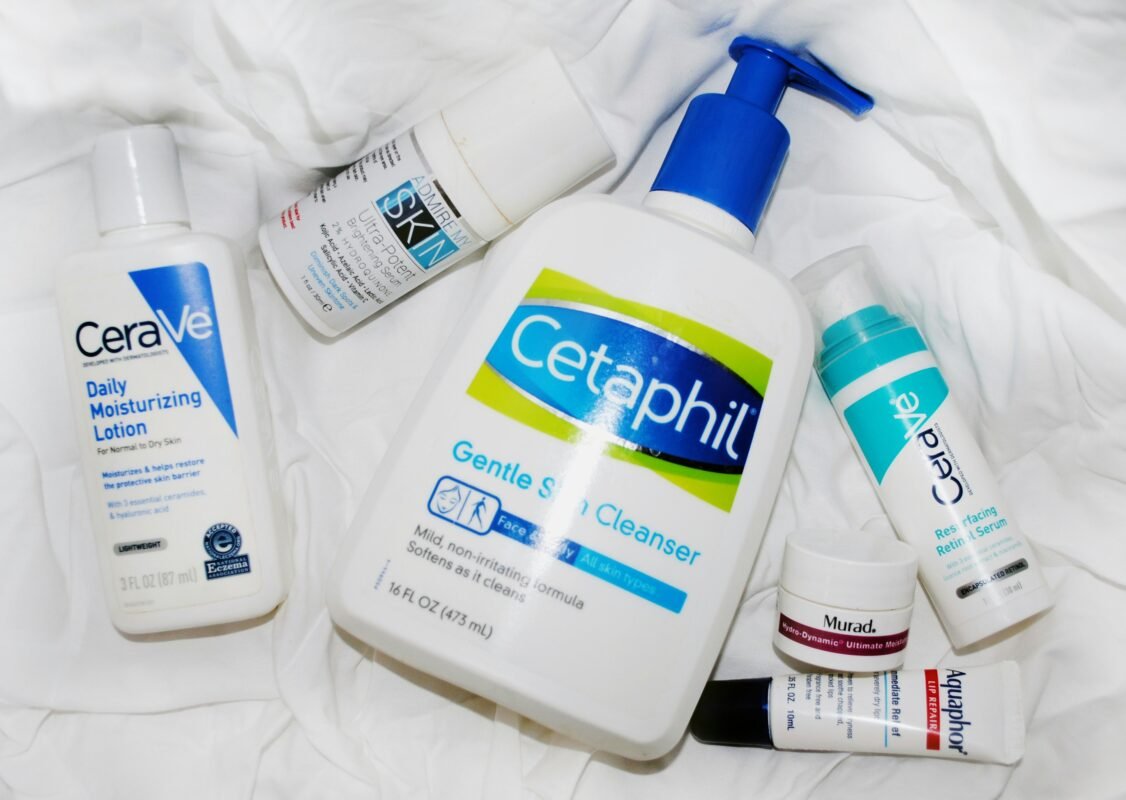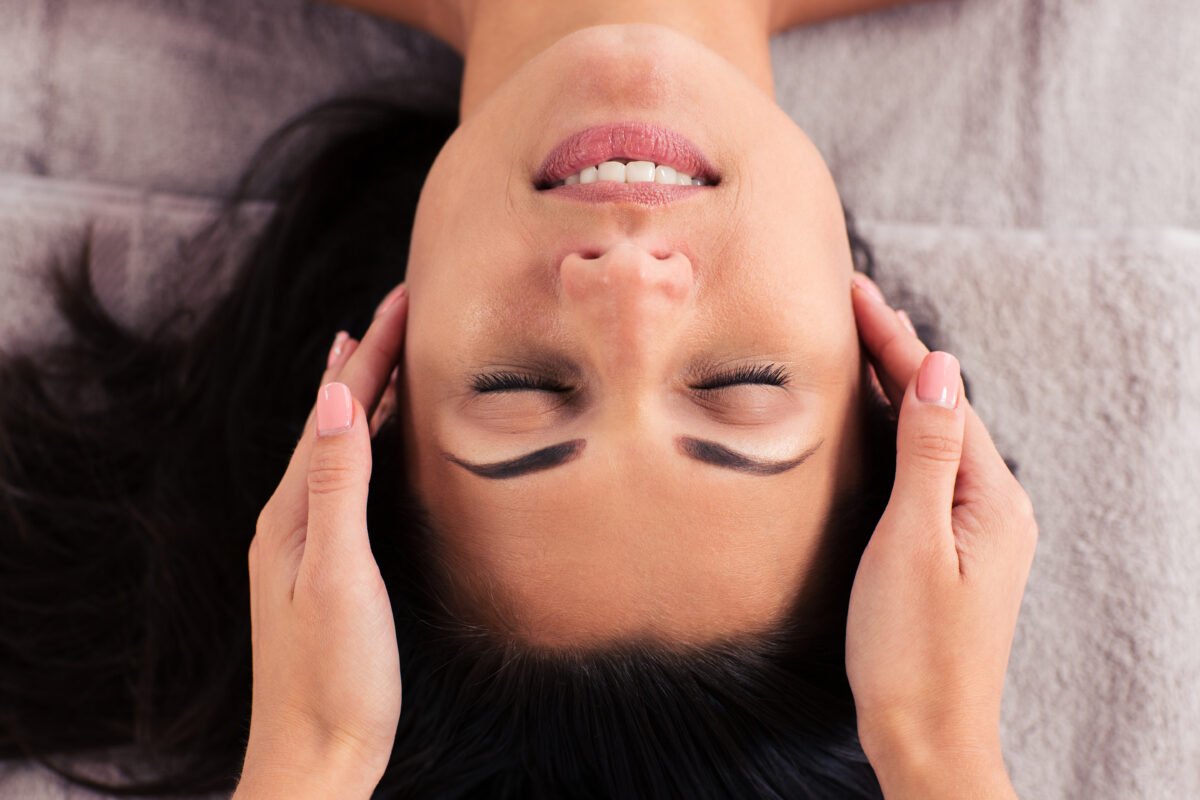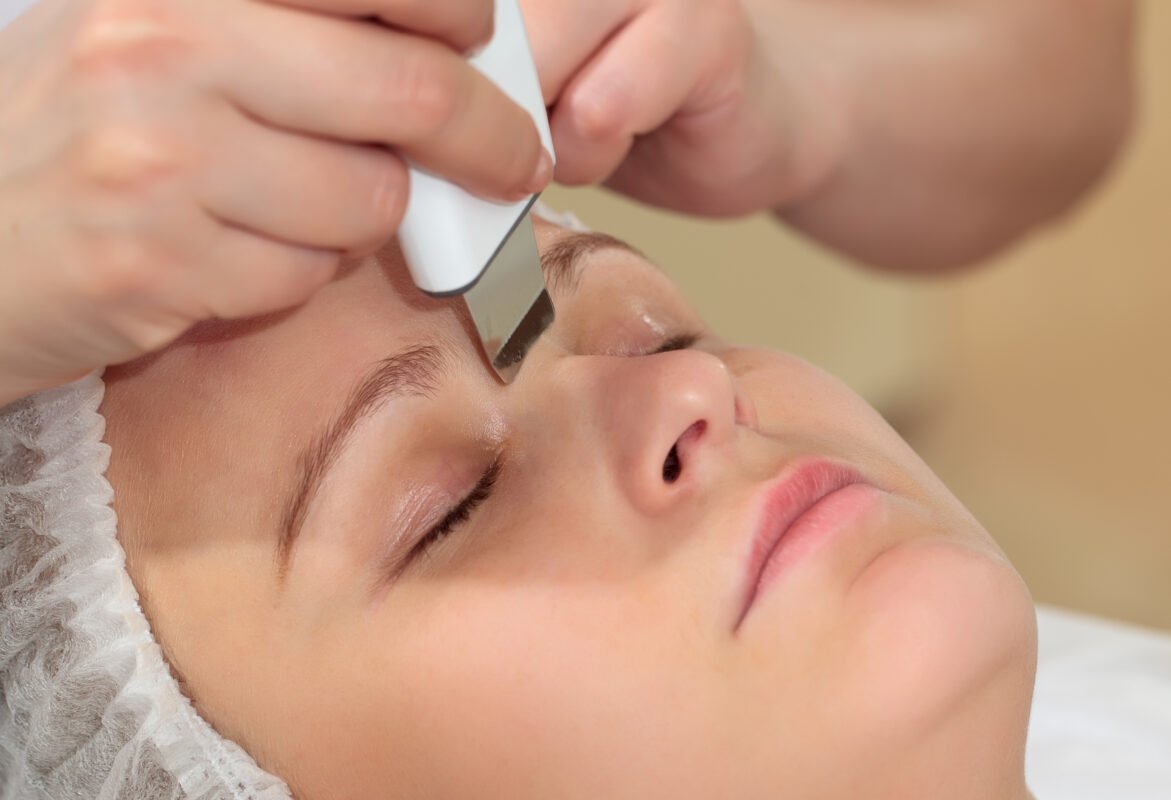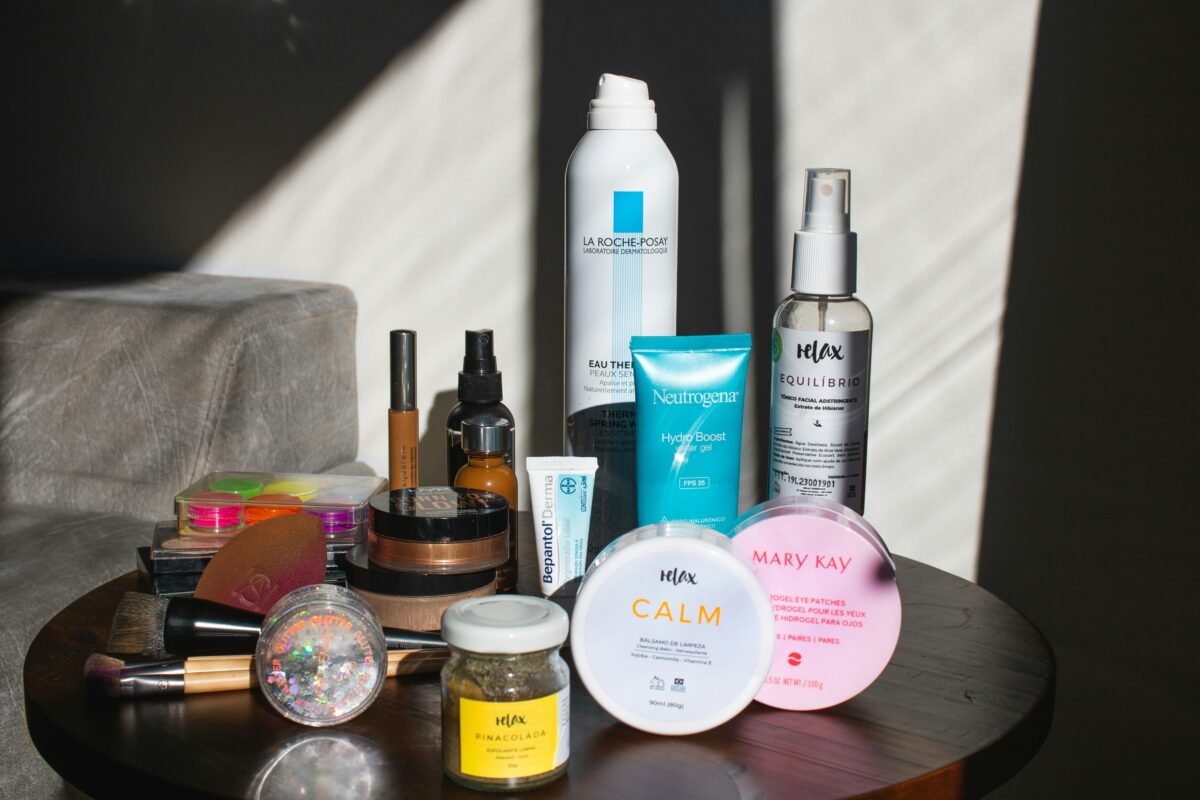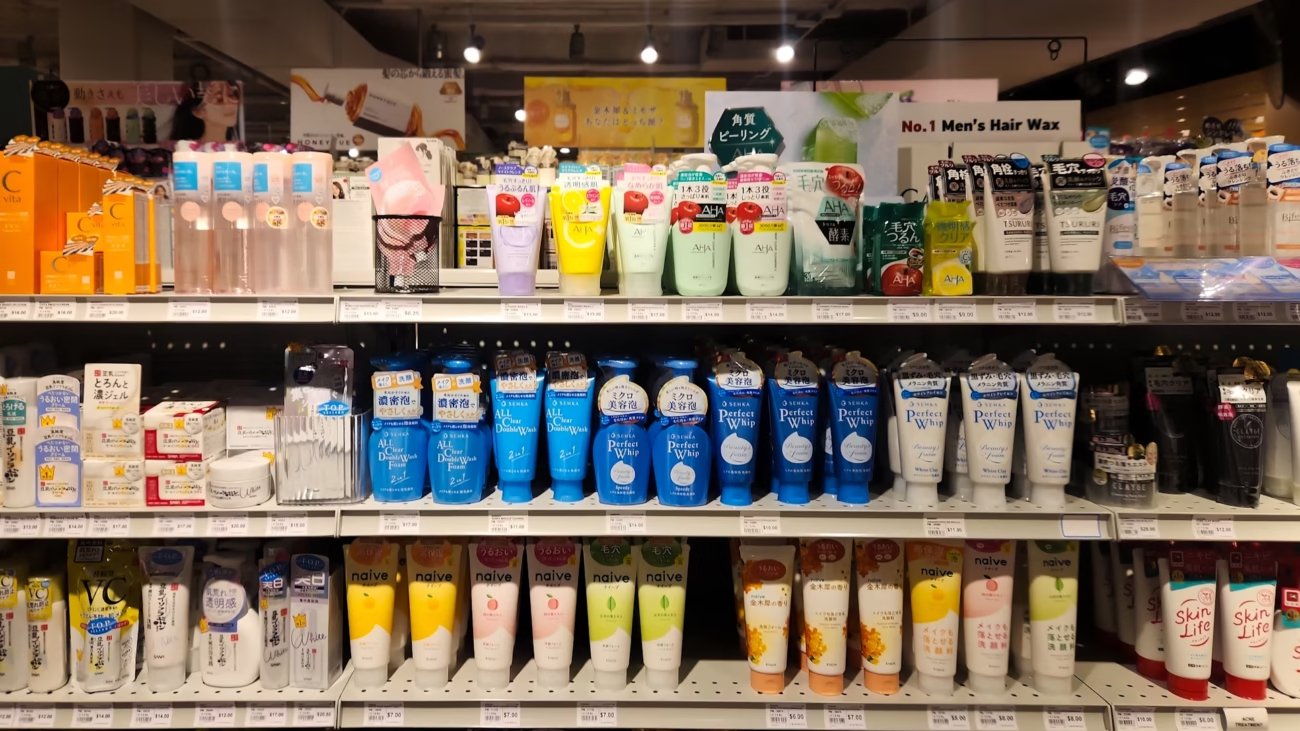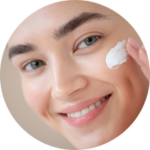You Need One in Your Skincare Routine
Toners have been a staple in skincare routines for decades, but with so many new products on the market, it’s easy to question whether they’re necessary. The beauty world has evolved over the years, and as skincare knowledge advances, so does the question: Do you really need a toner in your skincare routine?
Some skincare experts argue that toners are an essential part of the process, while others suggest they may not be necessary at all. In this article, we’ll break down the truth about toners, their benefits, and help you decide whether they should be a part of your skincare regimen.
What is a Toner?
A toner is a liquid product applied to the skin after cleansing and before moisturizing. Traditionally, toners were used to balance the skin’s pH level after the use of harsh soaps and cleansers that could disrupt the skin’s natural acidity. However, in modern skincare, toners have evolved to serve various purposes, depending on the ingredients they contain.
While some toners contain astringents to remove excess oil, others offer hydration, exfoliation, or soothing benefits. Essentially, toners can be classified into different types based on their function, which is why understanding your skin type and specific needs is key in determining whether a toner is right for you.
Types of Toners and Their Benefits
There are several different types of toners, each designed to serve a specific purpose in your skincare routine. The key is to identify the type of toner that best suits your skin’s needs.
1. Hydrating Toners
Hydrating toners are designed to replenish moisture and prepare the skin for the next steps in your skincare routine. These toners typically contain ingredients like hyaluronic acid, glycerin, and aloe vera, all of which attract and lock moisture into the skin. If your skin is prone to dryness or dehydration, a hydrating toner is a beneficial addition to your routine.
Benefits:
-
Provides moisture and hydration.
-
Soothes and nourishes dry or sensitive skin.
-
Prepares skin for better absorption of serums and moisturizers.
2. Exfoliating Toners
Exfoliating toners contain active ingredients like alpha-hydroxy acids (AHAs) or beta-hydroxy acids (BHAs), which help remove dead skin cells, unclog pores, and reveal a smoother complexion. These toners are ideal for people with oily, acne-prone skin or those who suffer from hyperpigmentation or dullness. If you are looking to improve your skin texture or even out your skin tone, exfoliating toners can be incredibly beneficial.
Benefits:
-
Gently exfoliates the skin to remove dead cells.
-
Helps prevent clogged pores and breakouts.
-
Improves skin texture and tone.
3. Astringent Toners
Astringent toners contain ingredients like witch hazel or salicylic acid, which are known for their ability to tighten the skin and reduce oil production. These toners are particularly effective for individuals with oily or acne-prone skin as they help control shine and reduce excess sebum.
Benefits:
-
Controls oil and reduces shine.
-
Tightens pores and prevents breakouts.
-
Soothes inflamed or irritated skin.
4. Soothing Toners
Soothing toners are often formulated with ingredients like chamomile, green tea, and rose water, making them ideal for sensitive or irritated skin. These toners help calm inflammation, reduce redness, and balance the skin after cleansing. If your skin is easily irritated or inflamed, soothing toners can help restore comfort.
Benefits:
-
Calms and soothes sensitive skin.
-
Reduces redness and irritation.
-
Provides gentle hydration without overwhelming the skin.
The Role of Toners in Skincare: Do You Need One?
Toners are often marketed as an essential step in your skincare routine, but do they actually make a significant difference? Here’s a breakdown of when you might need a toner:
1. To Balance Skin After Cleansing
If you’re using a harsh cleanser or one that’s too stripping for your skin, a toner can help restore balance. Certain cleansers may leave your skin feeling tight or dry, and a toner can help bring the skin back to its optimal pH level. While many modern cleansers are formulated to be more skin-friendly, toners can be a helpful step for those who use more drying products.
2. For Additional Hydration
If your skin is feeling dry or tight after cleansing, a hydrating toner can be the perfect solution. It’s an extra layer of moisture that can make a noticeable difference in how your skin feels. Hydrating toners can be particularly useful for those with dry or mature skin, who need an added boost of moisture throughout the day.
3. To Target Specific Skin Concerns
Exfoliating and astringent toners can address particular skin concerns such as acne, clogged pores, or excess oil. These toners often contain ingredients that help target these issues directly and enhance the overall effectiveness of your skincare routine. For example, salicylic acid in an astringent toner can penetrate pores to clear out debris, while AHAs help exfoliate dead skin cells.
4. As a Gentle Soothing Step
Sensitive skin types can benefit from soothing toners that help calm and reduce redness. These toners often contain anti-inflammatory ingredients like aloe vera or chamomile, which can be especially helpful after sun exposure or exposure to harsh environmental factors.
The Pros and Cons of Using Toners
As with any skincare product, toners come with their pros and cons. Here’s a quick overview of the benefits and potential drawbacks to help you decide if a toner is necessary in your routine.
Pros:
-
Rehydrates the skin: Hydrating toners can provide an extra boost of moisture, especially for dry or dehydrated skin.
-
Refines pores: Astringent toners can help minimize the appearance of pores and control oil production.
-
Exfoliates and renews: Exfoliating toners remove dead skin cells, helping to reveal brighter, smoother skin.
-
Prepares the skin: Using a toner can help prep your skin for serums, moisturizers, and other products, enhancing their effectiveness.
Cons:
-
Can be unnecessary for some skin types: If your cleanser already balances your skin, a toner may not be necessary.
-
May cause irritation: Some toners, especially astringents, can be too harsh for certain skin types, causing dryness or irritation.
-
Not all toners are created equal: With so many toners available on the market, it can be difficult to find one that suits your skin’s needs without trial and error.
How to Incorporate a Toner Into Your Routine
If you’ve decided that a toner is right for your skincare routine, here’s how to incorporate it effectively:
-
Start with a Cleanser: Begin your skincare routine by cleansing your face to remove dirt, oil, and makeup. Make sure to choose a gentle cleanser that’s suited to your skin type.
-
Apply Toner: After cleansing, apply your toner to a cotton pad or directly to your face using your hands. Gently pat or swipe it over your skin, focusing on areas that need extra attention, such as the T-zone or any dry patches.
-
Follow Up with Serum and Moisturizer: Once the toner has absorbed into your skin, apply your serums, followed by a moisturizer to lock in hydration.
-
Use Sunscreen: If you’re using exfoliating or astringent toners, be sure to apply sunscreen every morning, as these ingredients can make your skin more sensitive to the sun.
Who Should Use a Toner?
While toners can benefit a variety of skin types, they are particularly beneficial for:
-
Oily and acne-prone skin: Astringent and exfoliating toners can help control oil production and prevent breakouts.
-
Dry or dehydrated skin: Hydrating toners can provide an extra layer of moisture, improving skin texture and appearance.
-
Sensitive skin: Soothing toners are ideal for calming irritated or inflamed skin, especially after exposure to harsh environmental factors.
-
Combination skin: A gentle toner can balance both oily and dry areas of your face, keeping your skin in harmony.
Can Toners Replace Other Skincare Steps?
While toners can offer numerous benefits, they are not a substitute for other essential skincare products. Toners typically serve as a complementary step in your skincare routine, enhancing the effectiveness of your cleanser, serums, and moisturizers. They cannot replace key skincare steps like cleansing, moisturizing, or sun protection.
For instance, if you’re using an exfoliating toner, it should work in conjunction with your regular exfoliating products, not as a complete replacement. Similarly, a toner can enhance hydration but should not replace your regular moisturizer. It’s also important to remember that toners cannot provide the sun protection that your sunscreen does, so sunscreen should always be applied as the final step in your morning routine.
In addition, some toners are formulated with active ingredients like acids or alcohol, which can be drying or irritating when overused. Be mindful not to overdo it and to listen to your skin’s needs. Balancing the use of a toner with other skincare products will help you achieve the best results without overwhelming your skin.
Final Thoughts: Are Toners Essential or Optional?
In conclusion, toners are not an absolute must-have for everyone, but they can significantly improve your skincare routine when used correctly. Their purpose, whether hydrating, exfoliating, or soothing, can offer targeted benefits based on your skin’s specific needs. When incorporated thoughtfully, toners can be a valuable tool for achieving a balanced, glowing complexion.

